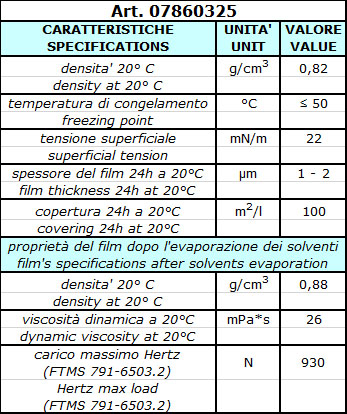


Pimsler Hoss Architecture ( ), based in Atlanta, is the architect for the building project. LabReal LLC is a private investment company based in Atlanta, Georgia.
CLEARVUE CONTACTS CLEANER TRIAL
The Project is in final planning stages with construction expected to start during the fourth quarter of 2022.ĬlearVue has so far deployed its solar glass in various projects in Asia-Pacific including a greenhouse in Japan as well as conducting a trial in a building in New York exploring the energy efficiency and power performance aspects of the ClearVue product.īasil Karampelas, North American CEO for ClearVue said: LabReal has contracted with a confidential client which will lease the new purpose-built medical offices, lab and diagnostic services building. “ClearVue is the only company in the world that has a clear solar-glass product deployed and installed in the market.

CLEARVUE CONTACTS CLEANER WINDOWS
The Atlanta project is but the first in the U.S., a market we believe will be very accepting of our technology.”Įxecutive Chairman Victor Rosenberg added: ClearVue’s electricity generating clear glazing technology is strategically positioned to complement and support the case for the increased use of energy-efficient windows now being regulated in response to global climate change and energy efficiency and carbon footprint reduction goals. “The ClearVue technology represents a paradigm shift in the way glass will be used in building construction. The Atlanta project will demonstrate this and provide a key reference site for the company in this target territory.” Glass will no longer be just a component of construction, but also a renewable energy source and a key element in construction decarbonization efforts- both for refurbishments and for new builds. “We are delighted to be at the forefront of installing ClearVue’s extraordinary window technology. If you’re experiencing discomfort while wearing your contacts, it might be a sign that you need to make an effort to avoid denatured protein & lipid deposits.We take energy efficiency and sustainability very seriously and the ClearVue windows will advance our clean energy goals.”Įarlier this month, ClearVue announced that together with Nodis ( it will participate in a US. epidermidis by 45% compared to a clean contact lens. A study by peer-review journal Molecular Vision found that protein deposits increased the adhesion rate of bacteria S. Worst of all, those same deposits can make it easier for harmful bacteria to stick to your lenses.

If you’ve ever had a stray eyelash in your eye, you can imagine how that feels. Over time, lipid deposits can even leave physical bumps on your lenses. What’s more, the same lipids that normally keep your eyes hydrated can actually lock water out of your contact lenses. In fact, denatured proteins trigger an inflammatory immune response similar to when your body tries to fight off foreign invaders. They lose all of their beneficial, eye-protecting qualities. These denatured protein deposits are essentially dead. When proteins like lysozyme start to break down, they’re called “ denatured.“ And then, exposure to sunlight and other factors cause them to break down. And just like the tear film on your naked eye, it can even be beneficial for your contacts in some cases.īut over time, lipids and proteins that normally get blinked away start to build up on your lenses. Studies have shown that your tear film fills your contact lens pores almost instantly. Between the strips of hydrogel are millions of tiny holes – so-called “pores.” Contact lenses are designed that way to allow your eyes to breathe. When viewed under a microscope, a contact lens looks like a tiny fishing net.


 0 kommentar(er)
0 kommentar(er)
